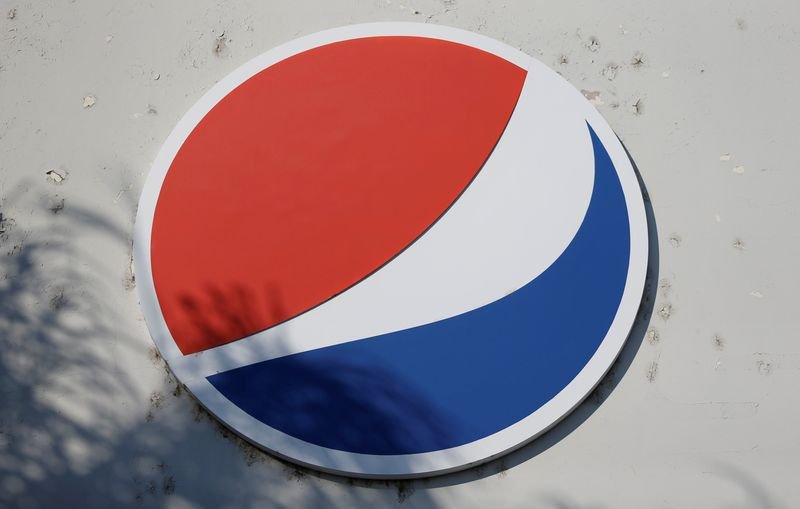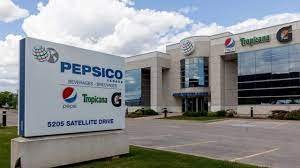PepsiCo to Invest $400 Million More in Two New Plants in Vietnam
PepsiCo, the global beverage and food giant, has announced its plans to further strengthen its presence in Vietnam by investing an additional $400 million in establishing two new plants. This strategic move underscores PepsiCo’s commitment to expanding its operations in the Southeast Asian region, particularly in Vietnam, which has emerged as a key market for the company.
The decision to invest in these new facilities comes as part of PepsiCo’s long-term growth strategy, aimed at capitalizing on the increasing demand for its products in Vietnam. With a rapidly growing economy and a burgeoning middle class, Vietnam offers immense opportunities for companies like PepsiCo to tap into its consumer market.
The first of the two planned plants will be a beverage manufacturing facility located in Ho Chi Minh City, while the second plant will focus on the production of snacks and will be situated in the northern province of Bac Ninh. These investments are expected to not only boost PepsiCo’s production capacity but also create numerous job opportunities, contributing to the economic development of the regions where the plants will be located.
PepsiCo’s expansion plans in Vietnam reflect its confidence in the country’s business environment and its potential for sustained growth. By investing in state-of-the-art manufacturing facilities, the company aims to enhance its competitiveness and meet the evolving needs of consumers in Vietnam and across the region.

Why this News is Important
Expansion in Emerging Markets:
PepsiCo’s decision to invest an additional $400 million in Vietnam underscores the significance of emerging markets in the company’s growth strategy. By expanding its presence in Vietnam, PepsiCo aims to capitalize on the country’s growing economy and increasing consumer demand for its products.
Strengthening Competitive Position:
The establishment of two new plants signifies PepsiCo’s commitment to strengthening its competitive position in Vietnam’s food and beverage industry. With enhanced production capacity, the company is better positioned to meet the evolving needs of consumers and fend off competition from rival brands.
Historical Context
PepsiCo’s investment in Vietnam builds upon its longstanding presence in the country. The company first entered the Vietnamese market in [year], leveraging its global expertise and product portfolio to cater to the preferences of local consumers. Over the years, PepsiCo has continued to expand its operations in Vietnam, introducing new products and investing in marketing initiatives to drive brand growth.
5 Key Takeaways from “PepsiCo to Invest $400 Million More in Two New Plants in Vietnam”
| Serial Number | Key Takeaway |
|---|---|
| 1. | PepsiCo plans to invest an additional $400 million in Vietnam to establish two new plants, one for beverages and the other for snacks. |
| 2. | The beverage manufacturing facility will be located in Ho Chi Minh City, while the snack production plant will be situated in Bac Ninh province. |
| 3. | These investments reflect PepsiCo’s commitment to expanding its presence in emerging markets like Vietnam and capitalizing on growing consumer demand. |
| 4. | The expansion is expected to create job opportunities and contribute to the economic development of the regions where the plants will be located. |
| 5. | PepsiCo’s investment underscores its confidence in Vietnam’s business environment and its potential for sustained growth in the food and beverage sector. |
Important FAQs for Students from this News
Q: What is the significance of PepsiCo’s investment in Vietnam?
A: PepsiCo’s investment in Vietnam is significant as it demonstrates the company’s commitment to expanding its presence in the region, tapping into the growing market, and strengthening its manufacturing capabilities.
Q: How will the investment benefit Vietnam?
A: The investment is expected to create job opportunities, stimulate economic growth, and contribute to the development of Vietnam’s food and beverage industry. It may also enhance technology transfer and boost local production.
Q: What are the potential challenges PepsiCo might face with these new plants?
A: PepsiCo might face challenges related to competition, regulatory compliance, supply chain management, and market fluctuations. Additionally, ensuring sustainability and environmental responsibility in their operations could be crucial.
Q: What products are likely to be produced in these new plants?
A: The new plants are expected to produce a range of PepsiCo’s products, including beverages, snacks, and other food items. This diversification could cater to various consumer preferences in the Vietnamese market.
Q: How does this investment align with PepsiCo’s global strategy?
A: This investment aligns with PepsiCo’s strategy to expand its footprint in emerging markets, capitalize on growing consumer demand, and enhance its manufacturing capabilities to meet evolving market needs.
Some Important Current Affairs Links

















